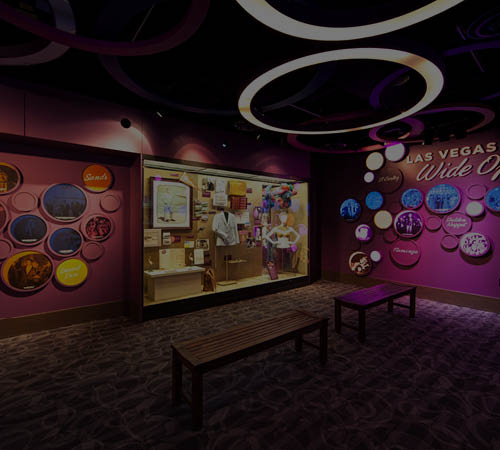Netflix crime drama ‘Griselda’ highlights story of ‘Godmother of Cocaine’
Streaming series inspires YouTube series separating fact from fiction
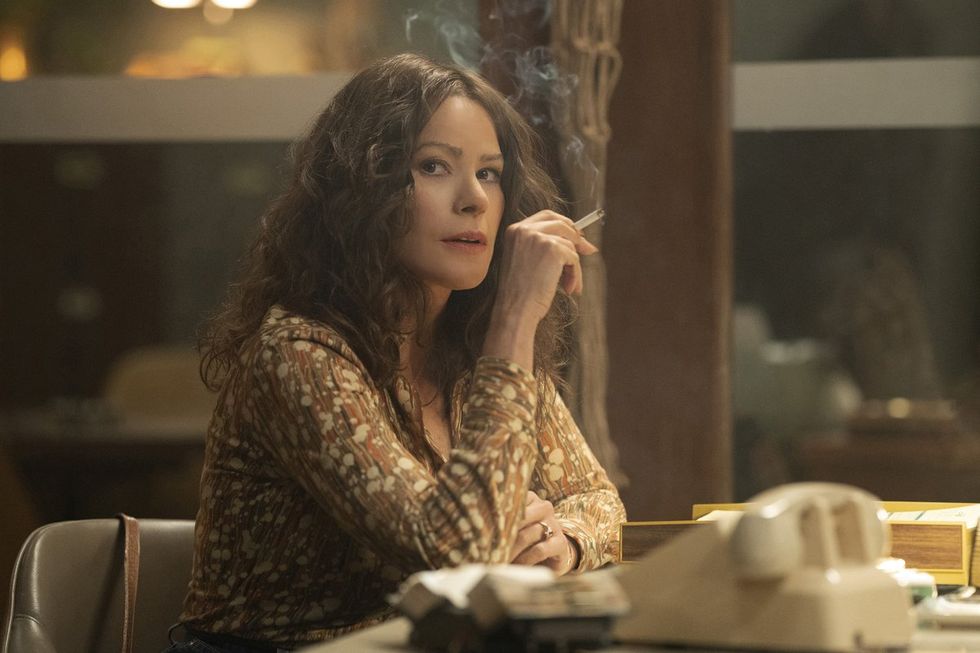
The Netflix limited series Griselda, inspired by the true story of the Colombian “Godmother of Cocaine,” tells the story of her muscling her way into the male-dominated underworld of drug trafficking.
Starring Modern Family’s Sofia Vergara as Griselda Blanco, the six-part crime drama chronicles Blanco’s rise to power during the 1970s in establishing drug routes into the United States. Along the way she encounters betrayal, violence, drug abuse and paranoia, and, finally, after establishing a lavish, decadent lifestyle, imprisonment.
A parallel plot line follows Miami policewoman June Hawkins (Juliana Aidén Martinez), who at first isn’t taken seriously by male officers, but whose crime-solving skills help end Blanco’s reign.
Visiting Blanco in prison at the end of the series, Hawkins tells her that three of her four sons are dead. Hawkins also lets Blanco know that she has taken a desk job to spend more time with her own son and husband.
Fearing Griselda
In real life, Blanco was born in 1943 in Cartagena, Colombia. She grew up in poverty with “an alcoholic sex worker mother,” according to a story on the Vice magazine website.
Cartagena, a coastal city on the Caribbean, is known for its historic port and colorful Old Town. It also has a place in world literary history. Ground-breaking novelist Gabriel García Márquez, a future Nobel Prize winner, worked as a reporter at a Cartagena newspaper early in his journalism career during the late 1940s.
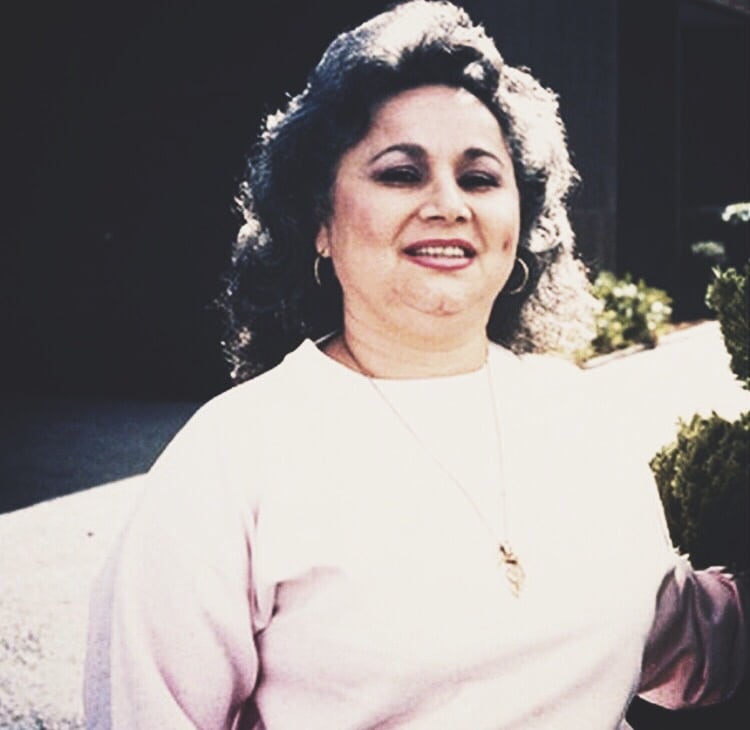
Blanco’s family would leave Cartagena when she was young, moving to Medellin in the country’s mountainous interior. In his book Killing Pablo: The Hunt for the World’s Greatest Outlaw, Mark Bowden writes about the Medellin Cartel under drug lord Pablo Escobar. In 1993, Escobar was killed by gunfire in Medellin at age 44 while attempting to escape from authorities.
The Netflix series opens with a quote from Escobar: “The only man I was ever afraid of was a woman named Griselda Blanco.”
Blanco’s ability to inspire fear, and her bloodthirsty reputation, were established early in life. At age 11, Blanco kidnapped a boy whose wealthy family “didn’t take the kidnapping-for-ransom seriously,” according to Vice. Blanco shot the boy to death.
That was only the beginning.
“She became a sex worker and pickpocket at age 12, and by 13, she was living with a pimp and forger named Carlos Trujillo,” Vice reported. “They married, had three children, but their relationship soured over business. Blanco had him whacked.”
In the United States, Blanco oversaw a narcotics pipeline that flooded parts of the country, especially South Florida, with smuggled cocaine. Left in her wake were dozens of bodies, including three husbands who were, as Vice puts it, “knocked off.” The number of deaths she orchestrated is disputed, as are the circumstances, though the violent upheaval in South Florida during these years is well documented.
The Netflix series dramatizes one of the most startling incidents, a July 1979 attack by gunmen at the Dadeland Mall, resulting in two deaths. This public display of violence, dubbed the Dadeland Massacre, jolted the nation, leaving the impression that Miami, in the grip of ruthless cocaine traffickers such as Blanco, had become a cartel battlefield threatening the general population.
Two years later, on November 23, 1981, Time magazine’s cover captured this out-of-control environment, showing an illustrated, frowning sun floating above a blood-red South Florida, with the headline “Paradise Lost?”
In 1986, an article in The New Yorker about Miami crime reporter Edna Buchanan reflected upon the period a few years earlier when drug wars were resulting in mass casualties. The article, by Calvin Trillin, noted that by 1981 Miami was experiencing, according to one homicide detective, the greatest increase in murders per capita that any city had ever recorded, giving Miami the “highest murder rate in the country.”
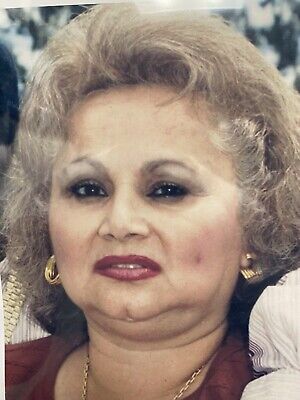
“Around that time,” Trillin wrote, “the Colombians who manufactured the drugs being distributed in Miami by Cubans decided to eliminate the middleman, and, given a peculiar viciousness in the way they customarily operated, that sometimes meant eliminating the middleman’s wife and whoever else happened to be around.”
Setting the record straight
Documentary filmmaker Billy Corben and Blanco’s youngest son, Michael Corleone Blanco, launched a YouTube series, The Real Griselda, aimed at separating fact from fiction in the Netflix version of events. Michael is named for the character Al Pacino portrays in The Godfather films.
Corben’s documentaries about that violent period include Cocaine Cowboys in 2006. He also has written, along with Aurin Squire, a stage play called Confessions of a Cocaine Cowboy.
During a telephone interview, Corben said the Netflix series is “gonzo Cocaine Cowboys fan fiction that adds to the mythology of the Godmother.”
“We appreciate the opportunity to set the record straight,” Corben said. “Netflix has created that platform.”
As one example of an inaccuracy, Corben said Blanco would not have set fire to large amounts of cocaine, as happened in the Netflix series.
Corben also said a scene in which Blanco forces drug trafficker Jon Roberts to strip and bark like a dog is make-believe. “That didn’t happen,” Corben said.
In the 2011 book American Desperado, by Roberts and journalist Evan Wright, Roberts describes Blanco in harsh terms. According to Roberts, he once intended to make a romantic move on her, claiming to be “weak for evil women,” but was pulled aside by an associate who said, “Jon, they call her the Black Widow because after she uses a man, she kills him.”
When Blanco later needed a hideout, Roberts found one for her. She was on tranquilizers 24 hours a day, he said, and wouldn’t leave the place. “The house smelled worse than a truck stop toilet,” Roberts said.
In the end, Blanco finally was arrested and spent nearly 20 years in U.S. prisons for drug trafficking and three murders. She was deported to Colombia in 2004.
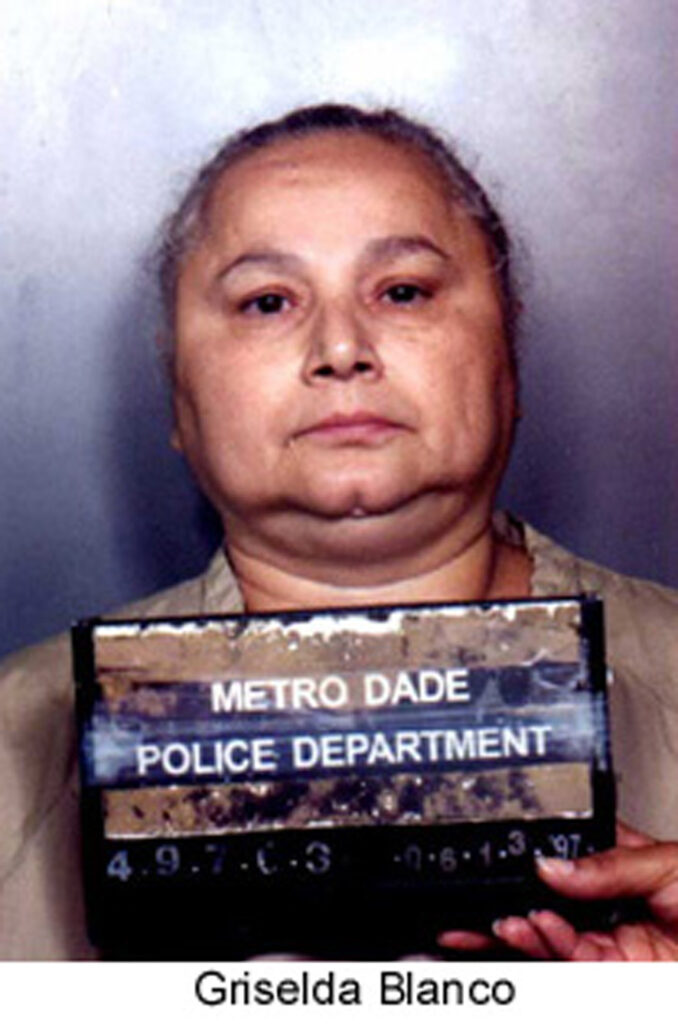
Blanco lived less than a decade after that. On September 3, 2012, a gunman on a motorcycle shot Blanco to death outside a Medellin butcher shop. She was 69.
As fate would have it, Blanco is the one who first devised the tactic of using hitmen on a motorcycle to assassinate someone, according to the Miami Herald.
‘Everything’s booming’
Today, Miami has come roaring back and is a major hub for economic development, Texan Tilman Fertitta said recently on CNBC’s Last Call.
Fertitta’s privately held Landry’s Inc. operates restaurants and other businesses, including the Golden Nugget hotel-casino chain, anchored by the long-standing resort on Fremont Street in downtown Las Vegas. Fertitta also owns the NBA’s Houston Rockets.
During the interview, Fertitta discussed the grand opening of his newest upscale restaurant, Mastro’s Ocean Club Miami, and stressed that the region has become popular among executives looking to relocate.
“So many people have moved their offices down here,” Fertitta said. “Restaurants have been booming. Hotels have been booming. Everything’s booming here.”
Larry Henry is a veteran print and broadcast journalist. He served as press secretary for Nevada Governor Bob Miller and was political editor at the Las Vegas Sun and managing editor at KFSM-TV, the CBS affiliate in Northwest Arkansas. Today, he is a senior reporter for Gambling.com.
Feedback or questions? Email blog@themobmuseum.org


